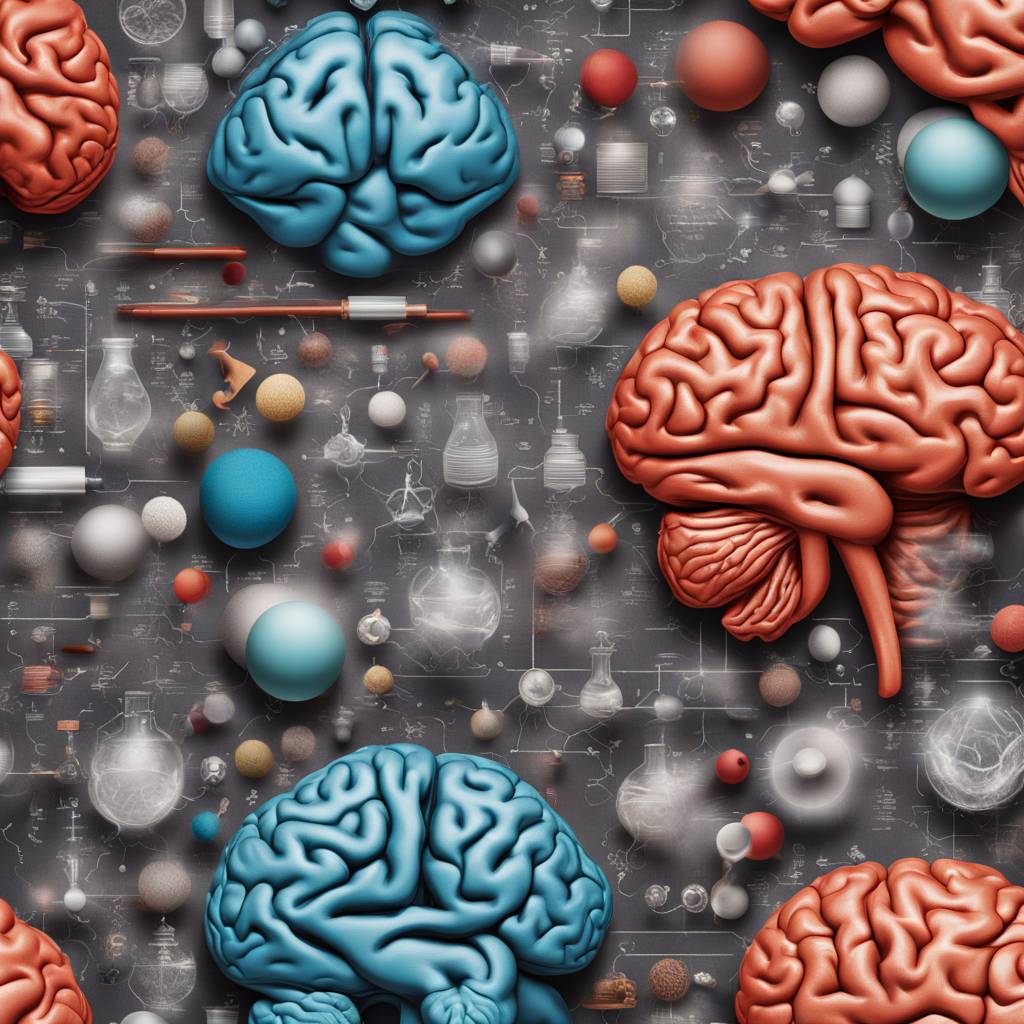The human brain plays a crucial role in regulating emotions, which can greatly impact our behavior, decision-making, and overall well-being. Mental health issues often stem from an individual’s inability to be flexible in their emotions, leading to persistent negative thoughts and difficulty in reframing situations. A new study led by researchers at Dartmouth College focuses on separating activity related to emotion generation from emotion regulation in the brain, providing new insights into how this process works and identifying potential targets for clinical applications. By examining brain activity in response to negative stimuli, researchers were able to pinpoint specific regions involved in emotion regulation, such as the anterior prefrontal cortex and other higher-level cortical hierarchies.
The ability to activate these emotion regulation-selective brain regions allows individuals to be more resilient to negative experiences and better equipped to resist temptations and avoid addiction. The study also sheds light on the role of neurotransmitters like dopamine, serotonin, and receptors for cannabinoids and opioids in shaping emotion regulation systems. Drugs that bind to these receptors may have potential long-term effects on our capacity to self-regulate emotions, raising questions about their impact on mental health. Serotonin, in particular, is known for its role in depression, and the study suggests that psychedelic drugs may affect emotion regulation through the serotonin receptor 5H2A.
Understanding the connection between neurotransmitters, brain systems, and cognitive processes is essential for developing effective therapeutic approaches for mental health disorders. The findings of this study could pave the way for integrated treatments that combine psychological and pharmaceutical interventions to enhance emotion regulation and overall well-being. By identifying the specific brain regions involved in regulating negative emotions and the neurotransmitter systems that interact with these regions, researchers are gaining a better understanding of how to target these systems for therapeutic purposes. This research highlights the importance of considering the cognitive effects of drugs on mental health and the potential benefits of combining psychological support with pharmacological treatments.
Overall, the study contributes valuable insights into the mechanisms underlying emotion regulation in the human brain and its implications for mental health. By pinpointing the regions and neurotransmitter systems involved in regulating negative emotions, researchers are laying the groundwork for more targeted and effective treatments for mental health disorders. This research underscores the importance of understanding the cognitive effects of drugs on the brain and the need for integrated approaches that address both psychological and pharmacological aspects of mental health treatment. By increasing our understanding of how the brain regulates emotions and how drugs may impact this process, researchers are moving closer to developing comprehensive and personalized therapies for individuals struggling with mental health issues.













